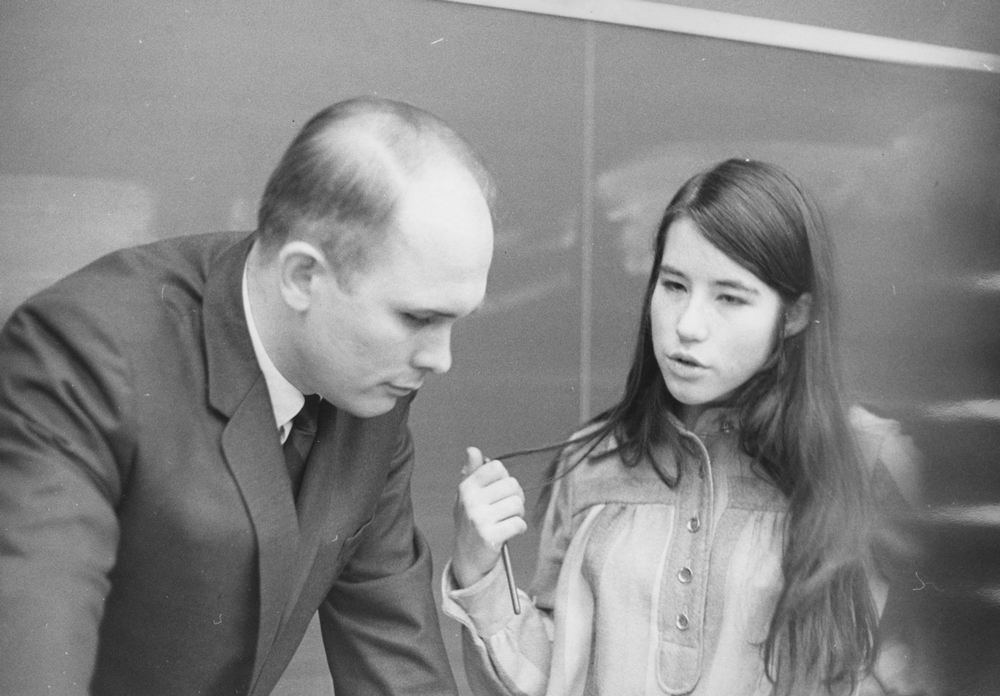The Student Counseling and Resource Service (SCRS) Student Advisory Committee discussed the Service’s confidentiality policy at their April 13 meeting. They concluded that the policy itself is “stellar,” and suggested ways in which the SCRS might ensure that students understand the policy’s intricacies.
The Committee suggested that those who process intakes should talk about the SCRS’s confidentiality policy with students. At the Committee’s urging, “the person who processes the intake [at SCRS] will not only let the student read the confidentiality policy, but will talk to them about it and explain what it means,” said David Muraskin, committee member and third-year in the College.
The idea for a SCRS advisory committee arose last year. A recommendation from the Campus Resources Education Committee and a November Maroon article were the motivation to form the committee, Muraskin said.
At the meeting, the Committee discussed the article, which explored the University’s student—care policy and portrayed the experience of one student, Julie, with attempted suicide and depression. Muraskin said that he understood the Maroon article to be grossly inaccurate, and that there was no way that SCRS broke her confidentiality.
Making clear that Kramer did not discuss the specifics of Julie’s case with him, Muraskin said that Kramer spoke with the committee in general terms about the confidentiality policy. Muraskin said Kramer’s comments convinced him that a scenario like Julie’s simply could not have occurred.
“No one treated by SCRS is spoken about personally,” Muraskin said, adding that he is not certain of the specifics of Julie’s situation, only that a breach of confidentiality was impossible.
Muraskin continued to say that a student’s expression of suicidal thoughts was not a reason to break a student’s confidentiality. He explained that if SCRS thought a student were a direct threat to himself or others, it would ensure that the student would be unable to harm anyone. Muraskin cited hospitalization as the primary manner of accomplishing this aim. He said that if a student is hospitalized, that student must give his consent for any other parties, such as housing, to be notified.
“Just for the record, the more I learn, the more it becomes clear that that article was horribly researched and contained a large number of misleading opinions labeled as facts,” said Tucker Bennett, a third-year and committee member.
The committee meets with the Director and the Administrative Director of SCRS one to two times per quarter to provide SCRS with student input and feedback. At the committee’s first meeting, which occurred towards the end of winter quarter, the members were simply given an overview of the structure and functions of SCRS.
“Part of the hope is that we can go out and talk to students, and when questions arise we can help dispel some myths,” said Muraskin. “I think it’s a good starting point. We still need to reach out into the campus community and let people know how great of a service [SCRS] is.”
One member said that the committee is composed of three students in the College, three in the Pritzker School of Medicine, one from the Graduate School of Business, one from the Social Service Administration, as well as members chosen due to their experiences dealing with mental health in some capacity, such as RAs, crisis counselors, and social workers.
The SCRS’s confidentiality policy can be viewed at http://counseling/policies.








